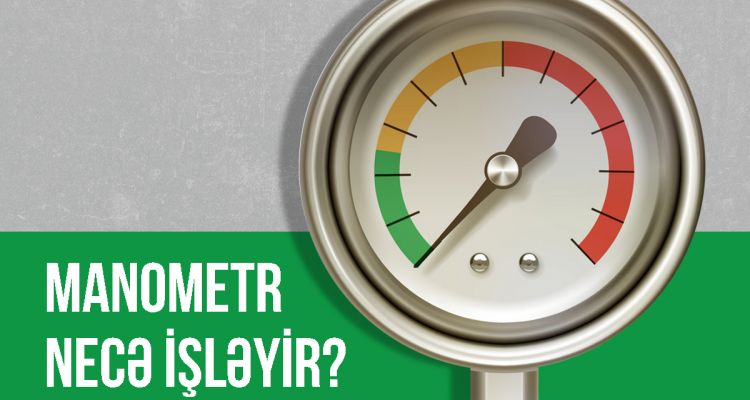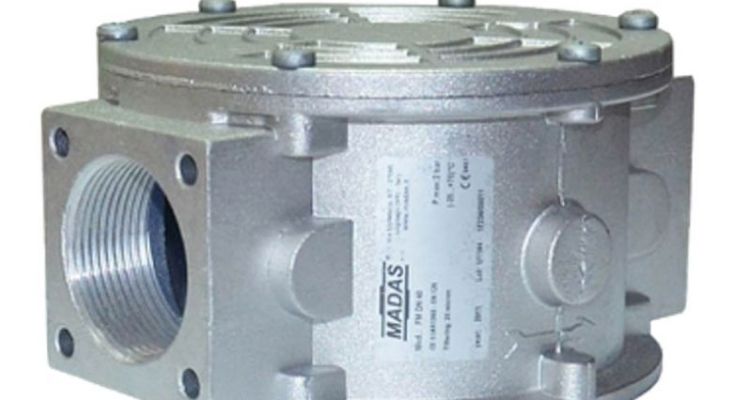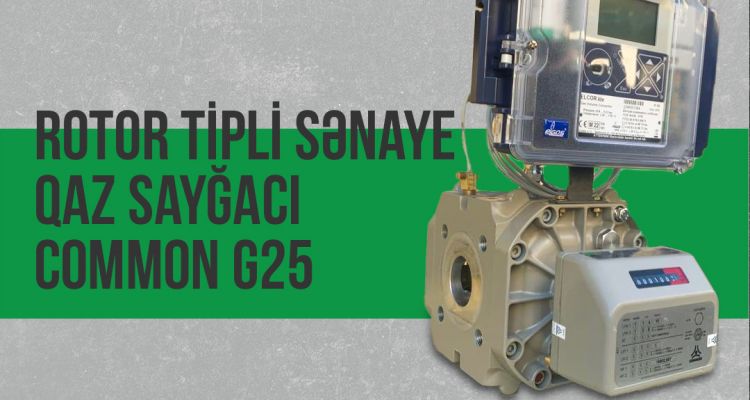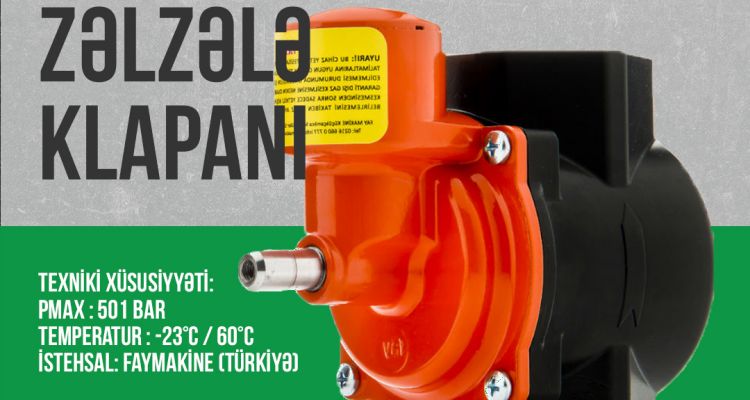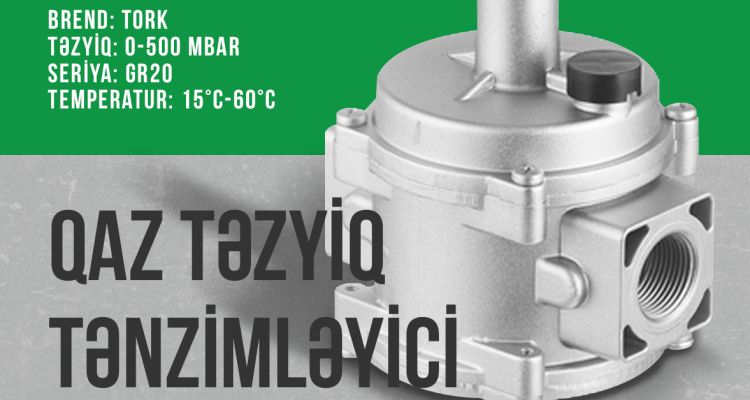A manometer is a scientific instrument used to measure gas pressures.
Open manometers measure gas pressure relative to atmospheric pressure. A mercury or oil manometer measures gas pressure as the height of a liquid column of mercury or oil supporting a sample of gas.
Before use, the column is calibrated so that the pointers correspond to the pressures indicating the altitude. If the atmospheric pressure is greater than the pressure on the other side of the liquid, the air pressure pushes the column toward the other vapor. When the relative vapor pressure is greater than the atmospheric pressure, the column pushes toward the open side.

